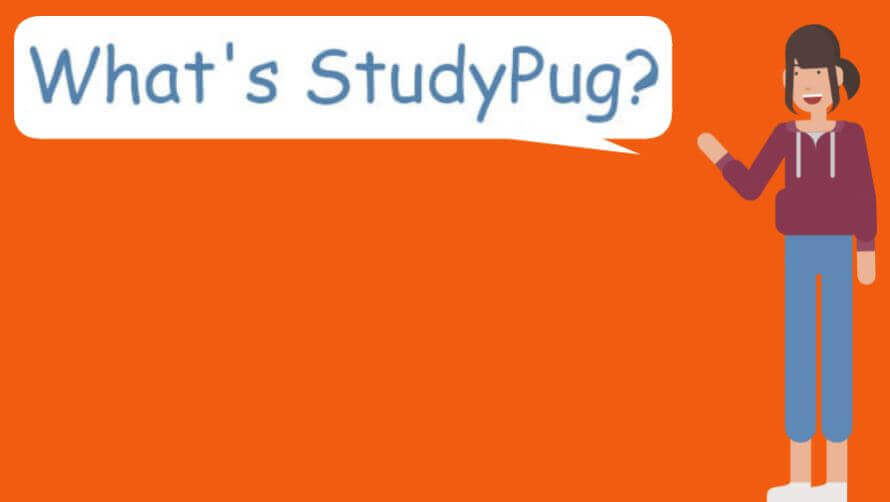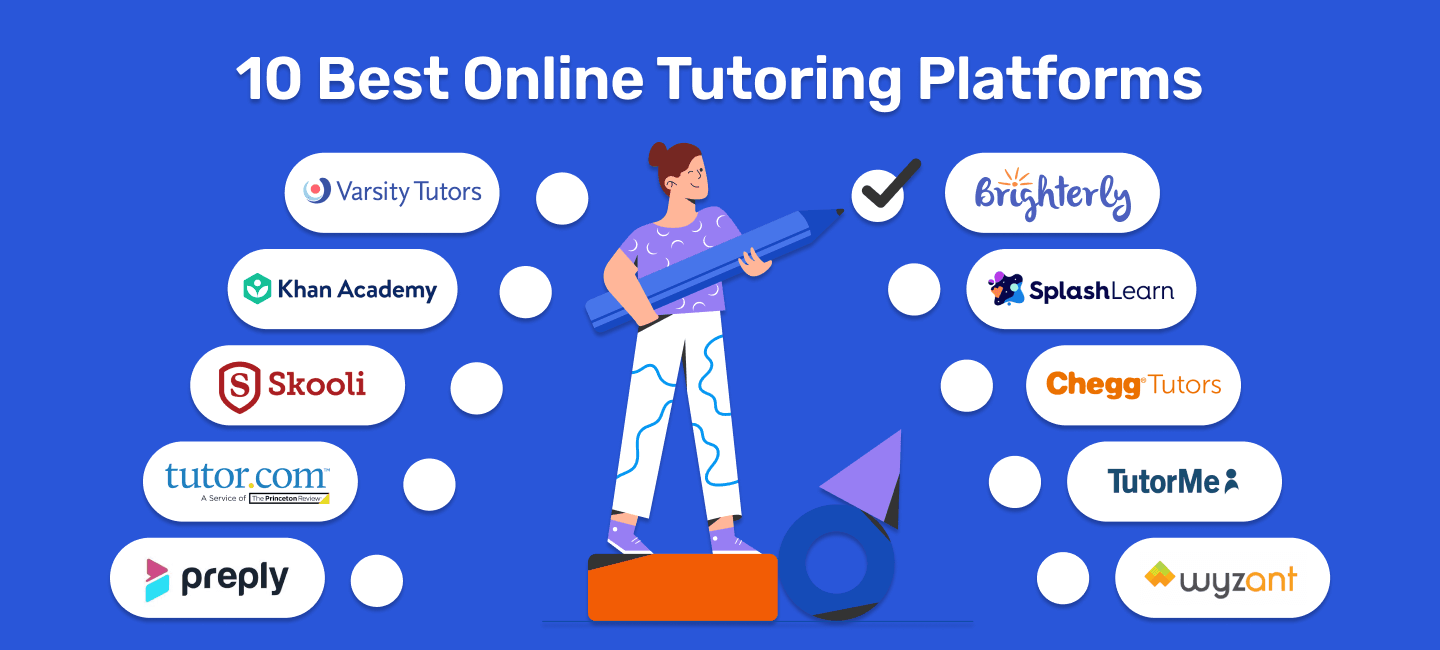Top Strategies for Customized Online Statistics Tutoring for Every Student
Wiki Article
Understanding the Difficulties: Why Pupils Discover Stats Difficult and How Tutoring Aids
Statistics provides countless obstacles for pupils. The intricacies of fundamental ideas, paired with complicated terminology, frequently lead to misunderstandings. Misconceptions can stem from cognitive prejudices, especially in identifying correlation from causation. Individualized tutoring becomes a feasible solution, supplying customized direction that addresses individual finding out needs. As trainees navigate these hurdles, they might find that the appropriate support can change their understanding and mindset towards the topic. What other advantages might this strategy offer?The Complexity of Analytical Concepts
Analytical principles are vital for data evaluation, their complexity commonly poses substantial difficulties for learners. Numerous pupils struggle to comprehend foundational ideas such as probability, distributions, and theory screening. These concepts call for not just mathematical skills however additionally an understanding of their real-world applications, which can be abstract and unintuitive. Making use of jargon and technical language further complicates the discovering procedure, making it hard for students to connect concept with practice. Additionally, the interaction between different analytical approaches can result in confusion, especially when figuring out the appropriate method for an offered dataset. As learners try to navigate these elaborate ideas, they may end up being overloaded, leading to aggravation and disengagement. This intricacy demands effective teaching techniques and supportive resources, such as tutoring, to aid students build confidence and achieve a deeper understanding of stats. Recognizing these obstacles is the initial step toward promoting far better academic outcomes in the field.Challenges in Information Analysis
Information interpretation provides considerable difficulties that can hinder exact analysis and decision-making. Trainees frequently battle to draw purposeful verdicts from information as a result of an absence of knowledge with various statistical methods and tools. Misinterpretation can occur from the overwhelming quantity of information, leading to confusion concerning which metrics matter. Furthermore, cognitive prejudices may shadow judgment, triggering trainees to favor information that confirms pre-existing beliefs as opposed to reviewing details fairly.An additional obstacle hinges on differentiating correlation from causation, a critical principle that can skew understanding of relationships within information sets. The visual representation of information, such as graphs and graphes, can often deceive if not analyzed properly, resulting in imprecise verdicts. These challenges highlight the importance of creating strong data analysis skills, as they are necessary for making notified decisions in both scholastic and real-world contexts. Reliable tutoring can offer the advice needed to get over these obstacles and foster greater understanding.
The Role of Likelihood in Data
Just how does likelihood form the structure of statistical evaluation? Chance functions as an essential tool in stats, permitting scientists to make reasonings concerning populations based upon example information. By quantifying unpredictability, likelihood makes it possible for statisticians to approximate the likelihood of different results, helping with decision-making procedures. For instance, probability distributions, such as the typical distribution, supply vital structures for understanding data behavior and variability.Ideas like hypothesis testing rely greatly on possibility to establish the importance of outcomes. This interplay in between likelihood and stats aids in assessing the validity of cases and assisting additional study. Understanding possibility is necessary for interpreting analytical outcomes accurately, as it assists to contextualize findings within their wider unpredictability. As a result, a strong grasp of likelihood concepts gears up pupils with the analytical skills required to deal with intricate statistical obstacles, cultivating a much more profound comprehension of the subject
Typical Misconceptions About Data
What are some common mistaken beliefs that typically cloud the understanding of statistics? Lots of individuals erroneously think that stats just involves numbers, ignoring its theoretical structures. Some presume that a tiny sample size can produce dependable final thoughts, overlooking the importance of representative data. One more common mistaken belief is the belief that correlation implies causation, causing incorrect analyses of connections in between variables. In addition, many trainees believe that stats is only concerning computations instead of recognizing its role in information interpretation and decision-making. Others might see statistics as an inflexible discipline, falling short to value its flexibility in different contexts. Misconceptions regarding analytical relevance, such as corresponding it with sensible significance, likewise contribute to confusion. These false impressions can prevent pupils' ability to understand statistical principles effectively, often resulting in frustration and anxiousness when involving with the subject. Dealing with these misconceptions is important for fostering an extra detailed understanding of data.The Advantages of Tailored Tutoring
Customized tutoring deals considerable benefits for pupils battling with statistics, as it customizes direction to individual knowing styles and demands. This tailored strategy enables tutors to recognize specific areas of difficulty and adjust their teaching methods appropriately. By concentrating on the one-of-a-kind obstacles each check out here student encounters, individualized tutoring fosters deeper understanding and retention of analytical concepts.Individually communication provides students with the opportunity to ask questions easily and receive prompt comments, boosting finding out efficiency. Individualized tutoring also assists build self-confidence, as trainees progression at their own rate without the pressure discover here of a class atmosphere.

Regularly Asked Concerns
What Anticipation Is Required Before Researching Statistics?
Prior expertise in basic maths, including algebra and math, is necessary before researching statistics. Knowledge with ideas such as data, features, and variables analysis considerably enhances comprehension and application of analytical concepts in real-world situations.Just How Does Modern Technology Impact Knowing Data?
Innovation enhances learning data by providing interactive tools, simulations, and visualizations that clarify concepts. On the internet platforms make it possible for collective learning and access to resources, cultivating a deeper understanding of statistical approaches and encouraging engagement amongst students.Exist Specific Study Strategies for Mastering Stats?
Reliable research study strategies for mastering data include energetic experiment problem-solving, using aesthetic aids, developing study hall for collective understanding, and applying real-world examples to improve understanding and retention of analytical ideas.What Jobs Require Strong Analytical Abilities?
Professions calling for strong statistical skills consist of information expert, statistician, actuary, market researcher, and epidemiologist. These careers utilize analytical approaches to interpret information, educate choices, and resolve complex problems across numerous sectors, improving total logical capacities.How Can Team Research Study Sessions Help With Data?
Group study sessions enhance understanding of stats by promoting collective analytical, making it possible for varied perspectives on intricate ideas, and fostering an encouraging atmosphere where students can clear up questions and strengthen discovering with discussion and shared sources. Online Statistics Tutoring.
Report this wiki page